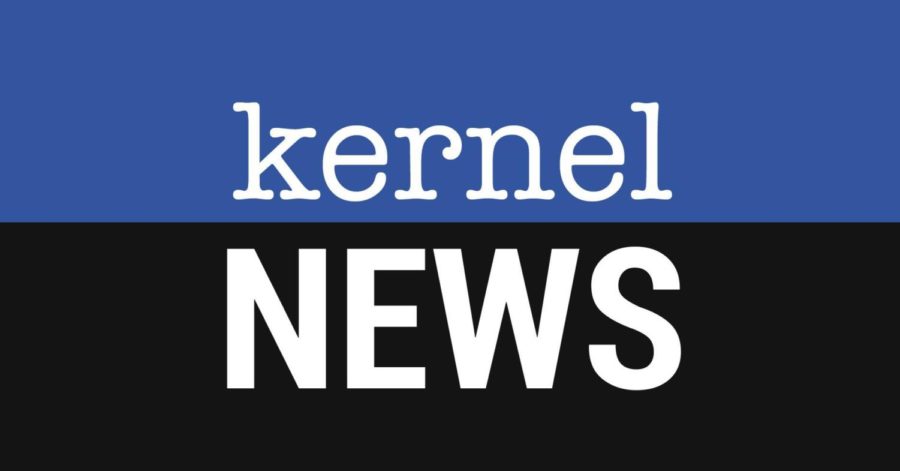Tentative downward trend in cases as state vies for COVID-19 vaccines
January 19, 2021
Nearly a year after the first case of COVID-19 was detected in the U.S., the nation has recorded 400,000 deaths from the coronavirus as states grapple with the latest wave of cases.
In Kentucky, a recent surge following the holidays may finally be dropping as Gov. Andy Beshear announced 2,250 cases on Jan. 19, a lower total than the previous two weeks.
The same holds true in Lexington, where the Lexington-Fayette County Health Department reported 116 new cases for Jan. 19, down more than 40 cases from this time last week.
The positivity rate for the state has now fallen under 12 percent; at 11.55 percent, it’s the second lowest rate since Jan. 5 but still more than double the desired 5 percent.
Fayette County and almost all of Kentucky’s counties remain in the red zone.
27 new deaths were also announced today, one of which was a 94 year-old woman from Fayette County.
These lower numbers do not cement a downward trend but offer hope to the state while vaccination efforts increase.
Kentucky has become one of the states on the forefront of administering vaccines, ranking among the top 10 in vaccination rates, Beshear said, citing Becker’s Hospital Review.
“We have increased significantly every single week our ability to provide vaccinations and to get it into people’s arms really quickly,” Beshear said, noting Kentucky is vaccinating at a faster pace than they are getting vaccines.
But as Kentucky vaccinates at a faster rate, problems arise.
Beshear said Kentucky’s largest issue going forward will be supply. Right now Kentucky cannot meet the demand for vaccinations because manufacturing numbers of vaccinations remain at a medium level.
Kentucky administered a total of 83,212 vaccinations last week; next week they will only receive 56,175 vaccines from the federal government.
“Supply is going to be our major issue in the United States, and it’s why we’re going to have to have patience,” Beshear said. The availability of vaccine is complicated by the government’s decision to release all its doses, reducing the stockpile.
Due to this concern, Beshear announced that he has formally requested that the federal government double the amount of vaccines that Kentucky receives every week. He said Kentucky has proven its ability to efficiently administer vaccines.
Among those efficient set-ups is the new COVID-19 vaccination clinic at UK, operated out of Kroger Field.
Healthcare enterprises also received some relief as Beshear announced that hospitals will now receive between $800 million and $1 billion in annual aid.
“[This is] to help the quality and care of Medicaid members and to provide a stable base for hospitals that will extend beyond the financial challenges of the COVID-19 pandemic…With over one-third of Kentucky’s population enrolled in Medicaid, the payments are critical to building a better Kentucky by ensuring equal access to quality care in the Commonwealth,” Beshear remarked.
The president of the Kentucky Hospital Association, Nancy Galvagni, described the directive payment program as very helpful because hospitals see a shortfall every year from treating Medicaid patients.
“This enhanced funding will be crucial to our hospitals, for upgrading equipment, for retaining their employees and covering the cost of providing high quality care for their communities,” Nancy Galvagni described.
In his final piece of news today, Beshear issued a series of vetoes in response to certain legislation passed in early January.
“Issuing a veto is my constitutional obligation as governor. It’s my job to issue those vetoes with veto statements when I don’t think something is right, when I don’t think something is constitutional, when I think something will harm Kentuckians,” Beshear issued in defense of his vetoes.
Beshear vetoed three bills that, if passed, would restrict the authority of the governor to respond in times of emergency, which he believes would hamper the efforts of positive work in the state of Kentucky.
Despite his vetoes, the bills are anticipated to pass due to the overwhelming majority of Republicans in the state legislature.




























































































































































